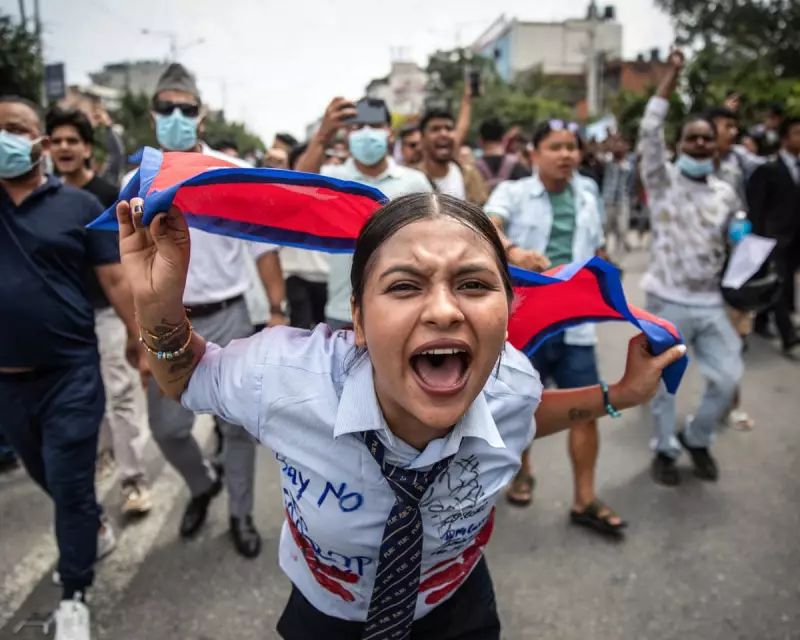
In a stunning victory for people power, the Nepali government has been forced into a dramatic climbdown, reinstating access to social media platforms after a controversial ban sparked furious youth-led protests across the capital.
The restrictive blackout, which silenced major platforms like Facebook, X (formerly Twitter), and Instagram, was imposed on Monday, September 8th, under the guise of preventing the spread of "misinformation and disorder". The move was widely condemned as a heavy-handed attempt to stifle dissent and control the narrative.
A Generation Finds Its Voice
Instead of quelling unrest, the ban ignited it. Thousands of students and young activists, a demographic now being called Nepal's "Gen Z revolutionaries," took to the streets of Kathmandu. Their message was clear: digital rights are human rights.
Protesters, organised through word-of-mouth and encrypted apps, brandished signs with slogans like "Don't Block, Talk!" and "Our Voice, Our Right." The demonstrations remained largely peaceful but powerfully resonant, highlighting a deep-seated frustration with authoritarian overreach.
The Government's Humiliating U-Turn
Faced with an unprecedented and decentralised youth movement that could not be silenced, the administration swiftly backtracked. By Tuesday, the ban was lifted, representing a significant embarrassment for the authorities.
This rapid reversal underscores a new reality for governments worldwide: digitally-native generations are adept at circumventing censorship and will fiercely defend their online spaces. The episode in Nepal is being seen as a case study in digital-age protest and the potent political force of a connected youth.
While access has been restored, digital rights organisations are warning that the event sets a dangerous precedent. The fear remains that such bans could be deployed again in the future, making continued vigilance and advocacy for net neutrality and digital freedoms paramount.





